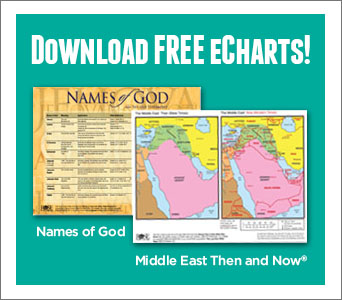Let’s get things straight… Islam and Christianity are VERY different and the Lord makes it CLEAR in the Bible that Jesus is the only way to salvation. Now that that’s out in the air, let’s talk about what happens when people blur those lines…
The World Watch List has a list of the top 50 countries that host the worst Christian persecution statistics. 40 out of the 50 countries have Islamic extremism as the primary source of persecution. Tension is high in the air with the recent events in the Middle East, especially that of Christian persecution, and this is pushing leaders to find politically correct ways of answering the tough questions and soothing the masses. How do you encourage peace while expressing biblical truth? With today’s conditions, it’s an understatement to say that faith is a tough subject to discuss… leaders don’t want to cause people to be violent or unforgiving towards people of varying faiths, but neither do they want to be accused of promoting “Chrislam.”
The term “Chrislam” has been coined by William Lane Craig to describe interfaith groups of Christianity and Islam. This isn’t a new fad or cult, since groups have been mixing the faiths since the 6th century, but the term has been popping up here and there as leaders try to find a new middle ground to establish a forum between varying beliefs and viewers grow increasingly skeptical of political motives. We’re not here to point fingers at politicians or church leaders for practicing “Chrislamism,” but to educate you to know the difference between solid Christian doctrine and heresy-tainted philosophies out there. If you feel that a leader in your community is mixing the Bible with the Quran, you can start with this eChart to really know what you’re getting. Click to download:

Want to learn more about the differences between Islam and Christianity? Maybe you have a Muslim friend who has been asking about your faith and you want to answer him/her in a respectful way. The pamphlet Islam and Christianity is a great resource to address the differences respectfully and lovingly and gives the main doctrinal differences PLUS a list of do’s and don’ts when sharing your faith or entering a Muslim community (for example: did you know that you should NOT use your left hand for eating food when in Muslim countries?).




